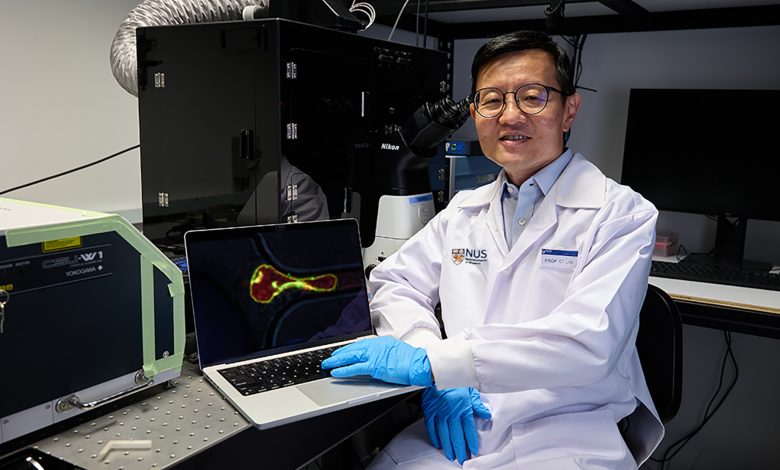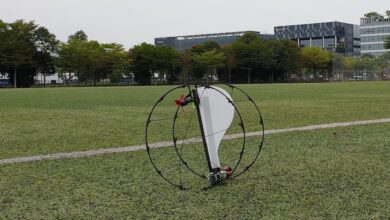When cancer takes a deadly turn: NUS study sheds a new light on cancer metastasis
Scientists discovered that ‘mechanoresilient’ cancer cells – those that can withstand significant mechanical stress – are more proliferative and drug resistant

The ability of cancer cells to metastasise, or spread from one part of the body to another, is one of the reasons why cancer can be extremely challenging to treat. However, the process that drives metastasis is complex and not fully understood. In a recent study, scientists from the National University of Singapore (NUS) pulled back the curtains on the complex interactions between tumour cells and the microenvironment, and showed that some cancer cells are resilient to mechanical stress and such cells also have a stronger ability to multiply rapidly to form secondary tumours.
“Understanding how some cancer cells can survive mechanically-induced cell death is key to preventing the spread of malignant tumours, and paves the way for more targeted therapies,” explained lead author of the research Professor Lim Chwee Teck, who is Director of the NUS Institute for Health Innovation and Technology and holds an appointment at the Department of Biomedical Engineering under the NUS College of Design and Engineering.
Prof Lim and his team reported these groundbreaking findings, a culmination of four years of research work, in the scientific journal Advanced Science on 23 May 2023.
The body’s innate immunity against cancer
Our body possesses a unique defence mechanism – known as immune surveillance – that targets circulating cancer cells in the bloodstream. This mechanism plays a crucial role in detecting and eliminating cancer cells.
The physical microenvironment in the form of tiny blood vessels, called capillaries, with diameters much smaller than that of circulating cancer cells, also plays a role in ‘filtering’ out these cancer cells. Such narrow capillaries create physical barriers that restrict the passage of larger cancer cells. Cancer cells that cannot deform or squeeze through these tight spaces may become trapped or damaged, preventing their further dissemination.
Identifying cancer cells that are resilient to mechanical stress
How do certain circulating cancer cells avoid being ruptured by the shear forces within the body’s dense system of small capillaries? To investigate this, the scientists designed a new experimental method to ‘force’ different cancer cell lines through a series of small, capillary-sized constrictions. The majority of the cancer cells were ruptured and killed in the process. But the researchers also observed that a small population of each cancer cell line emerged relatively unscathed.
They further analysed these surviving cancer cells and discovered that they carried a distinct molecular signature compared with the original set of cancer cells. Intriguingly, the scientists discovered that the ability of these cells to survive and proliferate was linked to specific properties of their nuclear membrane proteins, nuclear stiffness, and their self-repair capabilities.
Find out more : NUS News




